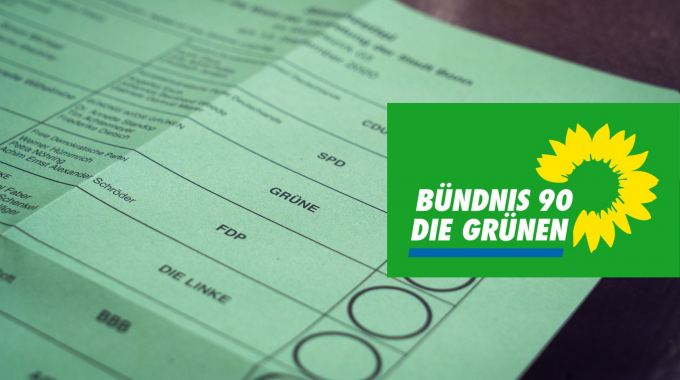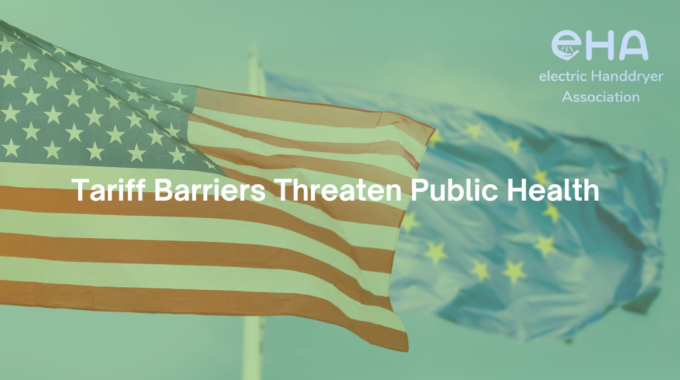New Global Trends in Commercial Restroom Design: Enhancing User Experience, Health, Sustainability and Savings.

Answers from German Parties to our Questions on electric Hand Dryers
Germany elects a new parliament on September, 26th 2021. During the current German election campaign, the eHA has asked the parties how they intend to deal with the issue in the future – in the event of government participation from the fall onwards. The party “Bündnis90/Die Grünen” answered our questionnaire.
How will you design the regulations for public washrooms and toilets (including workplaces) in the future so that electric hand dryers are used as widely as possible in Germany?
In principle, electric hand dryers can be a good alternative to other types of hand drying, depending on their design, manufacture and the energy mix used. However, environmental and climate friendliness must be assessed with regard to the specific product. Accordingly, blanket regulation of electric hand dryers in Germany to be used as widely as possible would represent a distortion of competition without a concrete environmental and climate protection policy agenda.
What is your view on the energy efficiency and environmental friendliness of electric hand dryers compared to disposable paper or textile towels?
Again, in terms of environmental friendliness, it is difficult to give a blanket preference to one method of hand drying over another. Again, depending on the design, manufacturing and energy mix used, electric hand dryers can be a comparatively environmentally friendly alternative to certain disposable paper or textile towels.
What are you doing to ensure that no rash decision is made in the future, as in March 2020, that electric hand dryers are per se unhygienic? There is no scientific evidence for this.
In the case of a decision such as the one made in March 2020, the legal interests involved must be thoroughly weighed up. A recommendation may only be issued if precautionary health protection is at risk. Furthermore, a decision to the detriment of an entire industry must never be taken lightly.
In your opinion, what requirements should manufacturers fulfill with regard to circular economy and sustainability? How should the requirements of the EU’s Ecodesign Directive be implemented in Germany?
We Greens have formulated detailed measures in several resolutions. Basically, we want to make manufacturers more responsible so that the concept of the circular economy is taken into account holistically in the design, manufacture, use and disposal of products. At the European level, we want to establish or strengthen, among other things, resource-saving product design, minimum standards for durability and a right to repair. We also want to use digital product passports to provide complete information on the materials, auxiliary materials and additives used and their sustainability in terms of raw material procurement. In addition, data on durability, the ability to repair, refurbish, recycle, biodegradability and the environmental balance sheet should also be included here.


